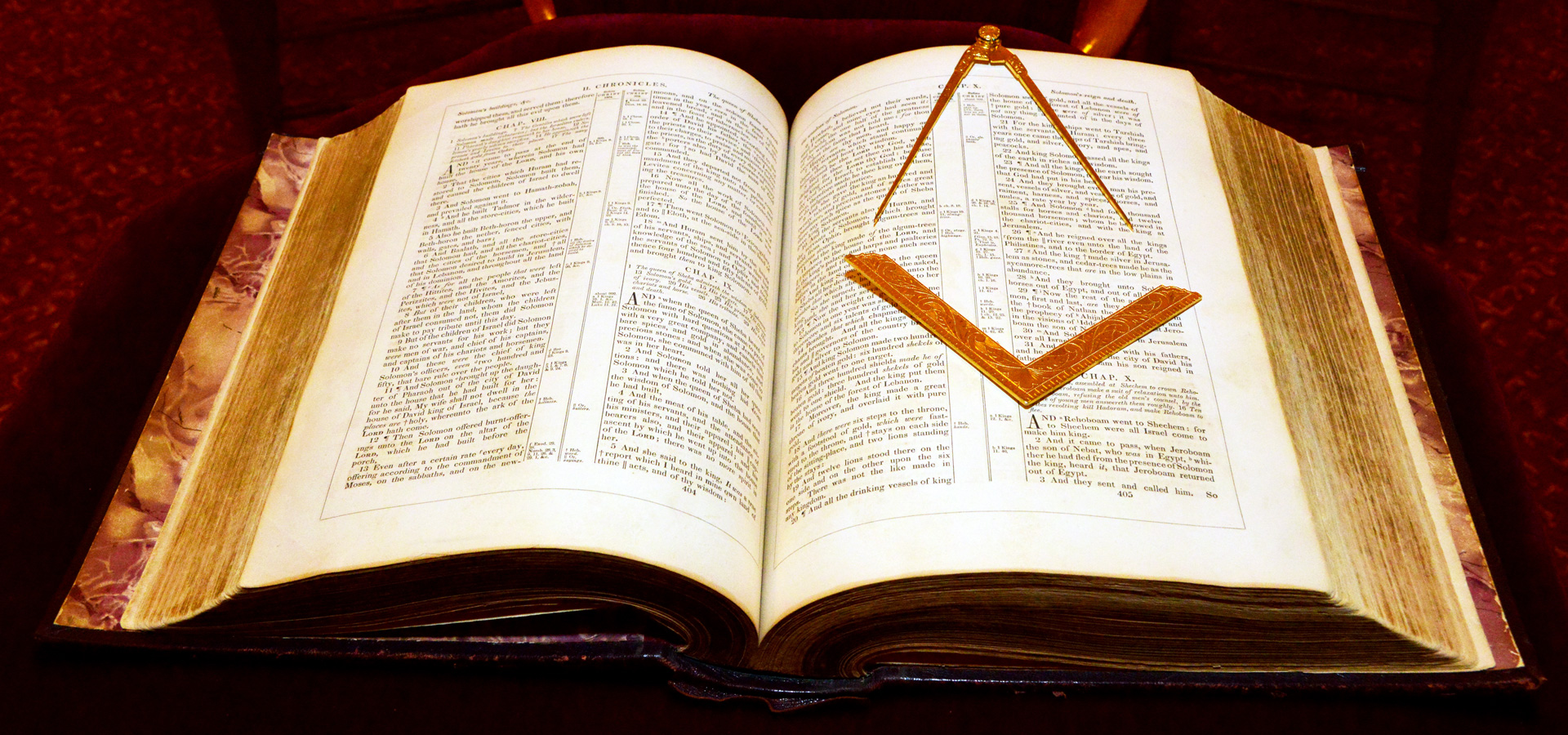Religion, the Church and Freemasonry are not constantly at odds. Pope Pius IX [1], for example, was a Freemason born Giovanni Maria Mastai Ferretti in the profane world. He was elevated to Pontiff on 16 June 1846 and had hardly been in that post three months when, to the huge regret of his masonic Brethren, he issued an encyclical against the Order. So much for Brotherly love!
Half a century later Angelo Roncalli and Giovanni Montini, better known respectively as Pope John XXIII (or the Good Pope) and Pope Paul VI, were also raised into the Great Mysteries of Freemasonry.
Both prelates saw themselves as enlightened heads of State and launched significant reforms of the Church, aimed at bringing it up with times. The changes introduced by the Second Vatican Ecumenical Council are even based on the Masonic principles and postulates. The Council addressed the relationship between the Catholic Church and the contemporary world. The Council was formally opened under the pontificate of John XXIII on 11 October 1962 and was closed by Paul VI on 8 December 1965. The reforms, however, were regarded by many as heresies.
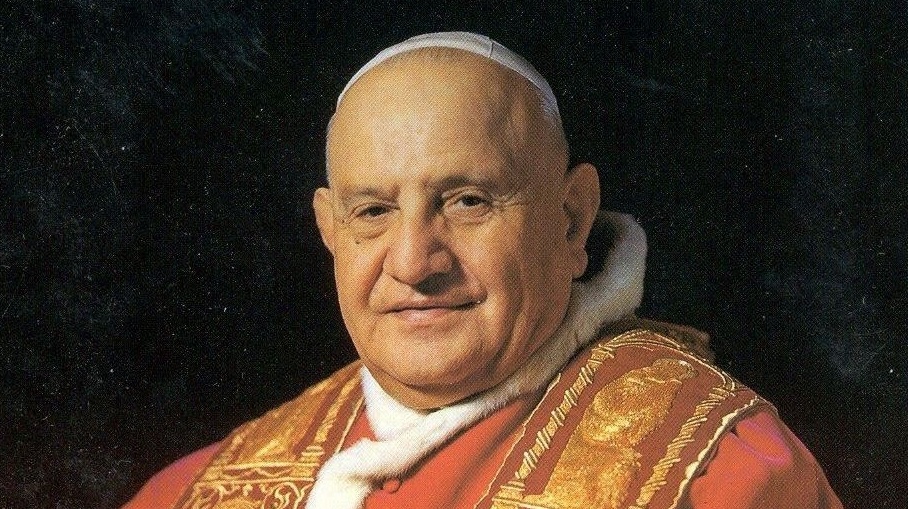
John XXIII – A. Roncalli 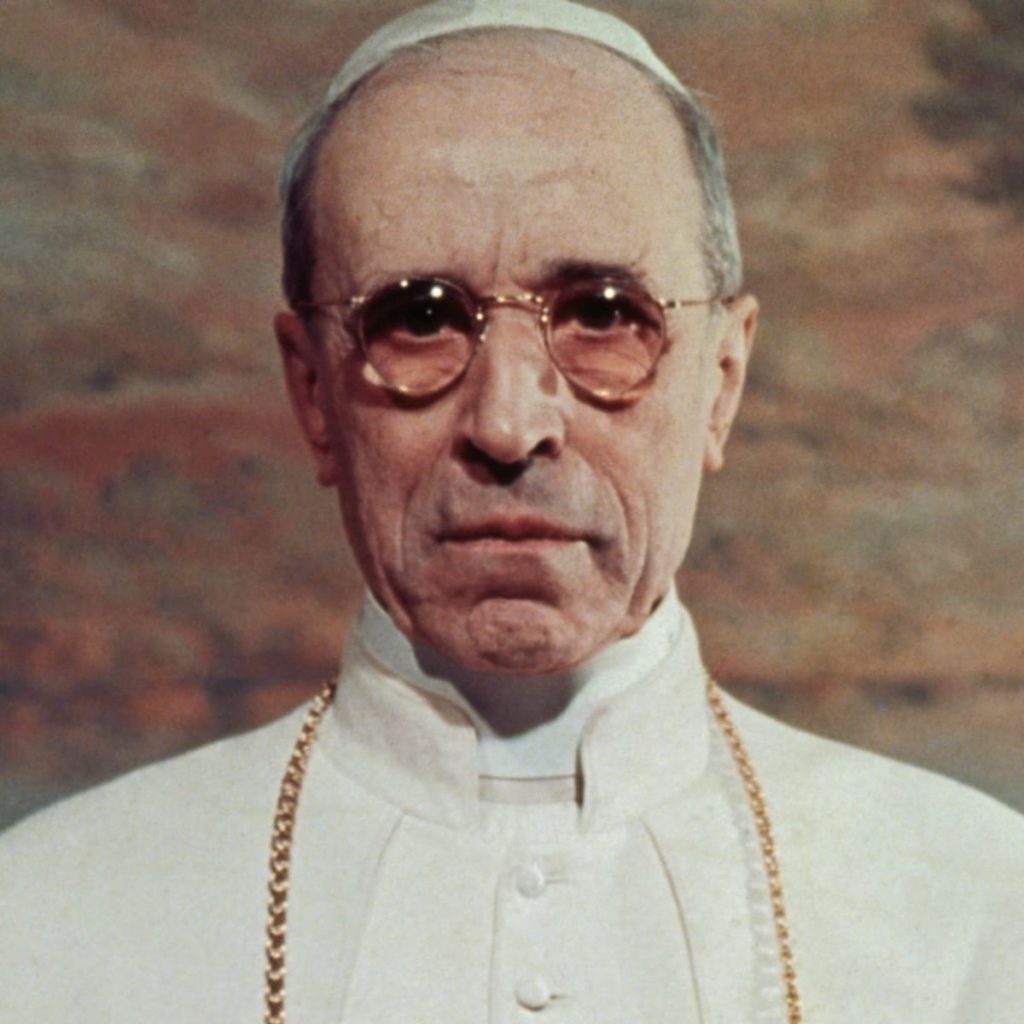
Pius XII – G.Pacelli 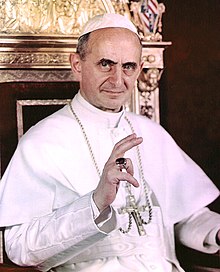
Paul VI – G. Montini
We do not know why Giovanni Pacelli/Pope Pius XII always denied the Cardinalate to Giovanni Montini. But on 24 November, 1958 Angelo Roncalli, twenty days after being installed on the throne of Peter as Pope John XXIII, wasted no time and made his brother of the Order a Cardinal at last, alongside twenty-three other prelates.
Continue reading FREEMASONS IN THE CHURCH

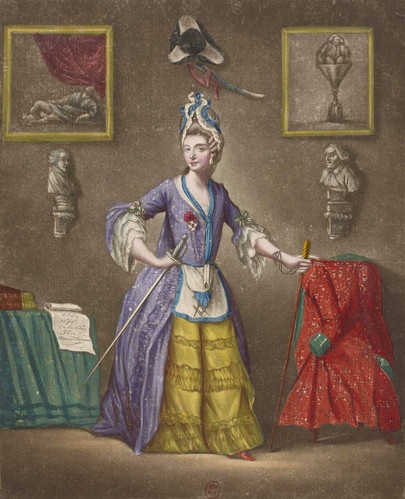
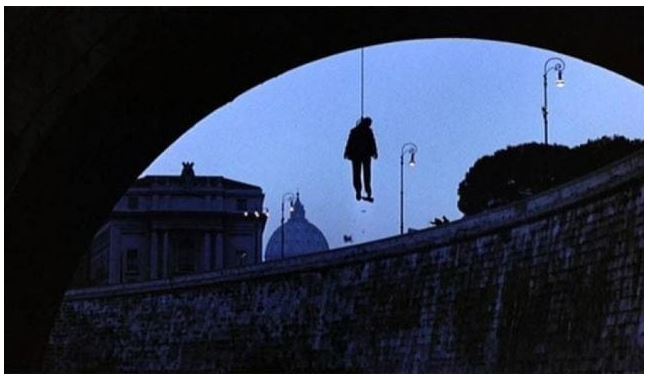
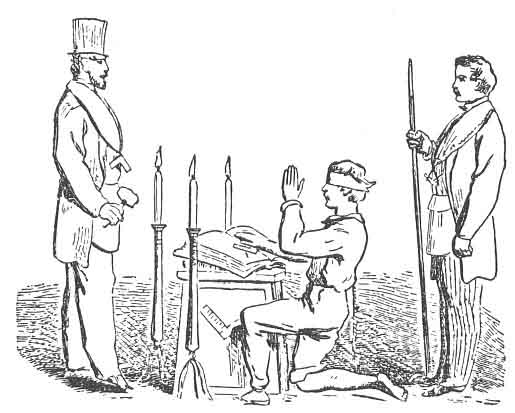 According to Bernard Jones
According to Bernard Jones 